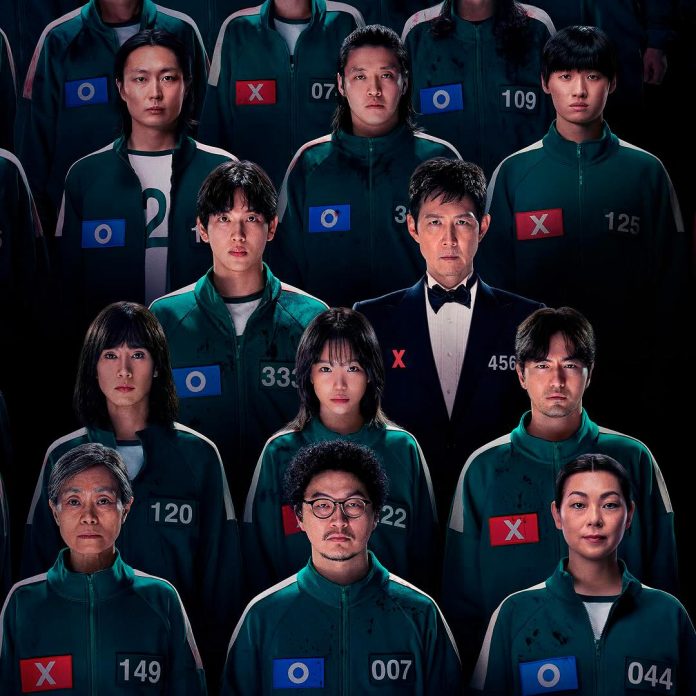WHEN Squid Game season three premiered on June 27, the expectations were as towering as the doll from Red Light, Green Light. The third and final chapter of Netflix’s most-watched series promised resolution and revenge and largely delivers, albeit with a deeper, more cerebral twist than its blood-soaked predecessors. The games are back, but so is something new, which is the unsettling question of what comes after survival.
What is the cost of playing god?
The season picks up moments after the cliffhanger from season two. Seong Gi-hun (Lee Jung-jae), no longer the dazed winner of the first game, is now a man with a mission to dismantle the system from within. He re-enters the Game not for money, but for justice. However, as the lines blur between infiltrator and participant, he must decide how far he is willing to go before becoming the very thing he vowed to destroy.








